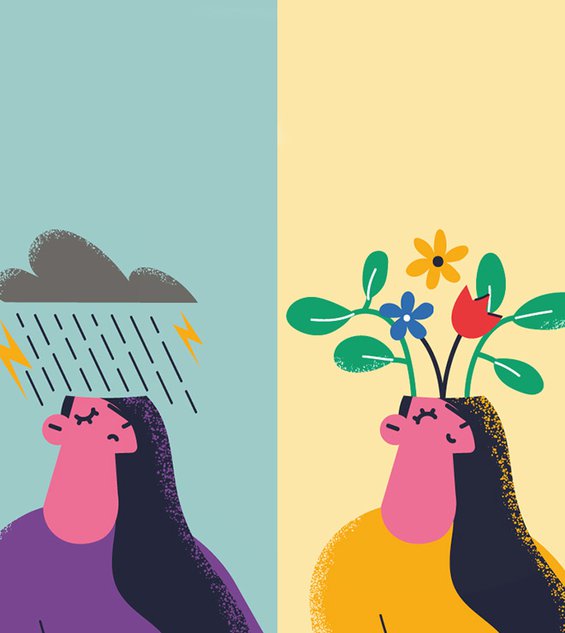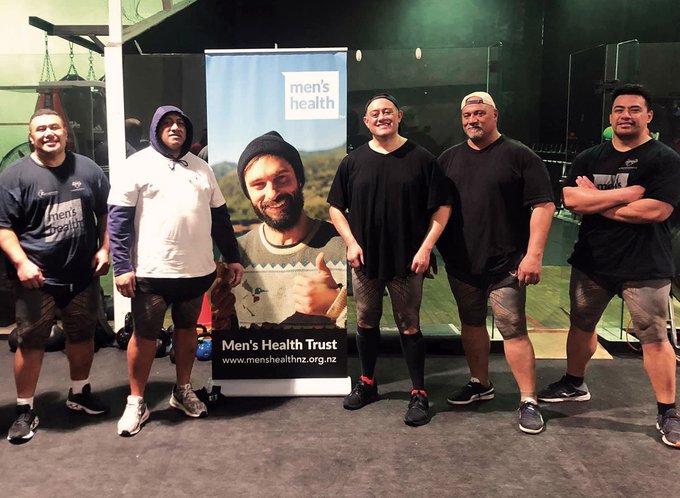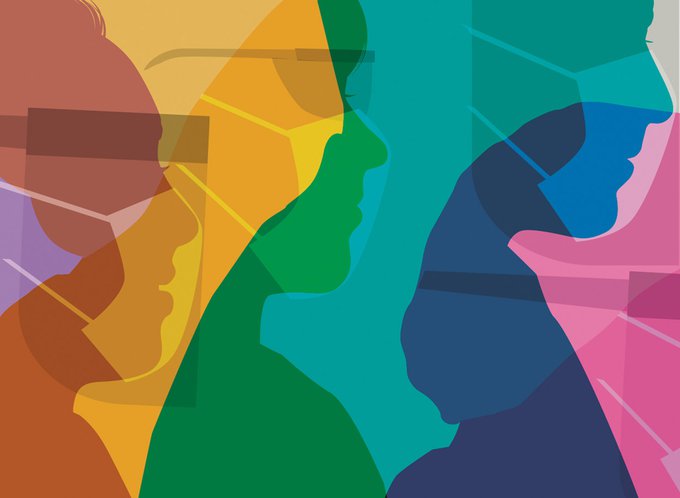Journalist and mental health advocate Jehan Casinader recently delivered a special digital presentation for MAS Members about the power of storytelling and how each of us can become the author of our own story. Here, he shares three powerful questions that will help you to explore your mental wellbeing.
What is the story you're telling about 2022?
Did you know that you’re a storyteller?
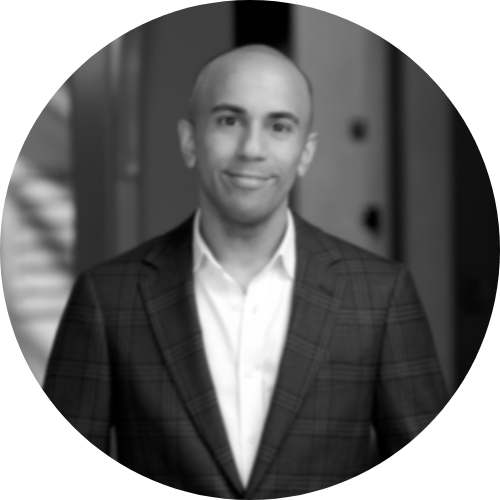 When we hear that word, we often think about movie directors, writers – or even politicians. In fact, each of us has a story inside our head. A story that explains who we are, where we've come from and where we might be going in life.
When we hear that word, we often think about movie directors, writers – or even politicians. In fact, each of us has a story inside our head. A story that explains who we are, where we've come from and where we might be going in life.
That story is influenced by so many factors, like trauma, the media, family narratives, cultural scripts – and, of course, COVID.
Ask yourself, “What is the story I’m telling right now?” What sort of character are you playing in that story? Is it a hopeful story or maybe a depressing one?
How does your story affect your wellbeing?
There's a field of research called narrative psychology, exploring the link between storytelling and mental health.
Some of this research shows that people who tell their stories in a more hopeful way have lower rates of depression and anxiety. On the flipside, people who tell more negative stories about their lives have worse mental health outcomes.
There's a mindblowing idea emerging from this research, and it's very simple: what happens in life is less important than the story you tell about it.
When you reflect on the story you’re telling about 2022, how is that story affecting your wellbeing? Is it making you feel empowered and confident – or helpless?
Can you tell a different story with the same set of facts?
In our lives, there are plenty of things we can't control. We’ve been reminded of that during COVID. The borders have been shut, business has been tough and many of us haven’t seen our loved ones for years.
Those are facts, and we can’t change them. But as the author of your own story, you get to choose how to interpret those facts. What kind of story will you wrap around them?
I want to challenge you to tell a different story for your life, even if you can’t change those tough, messy, awkward facts.
When you look back on the past two years, what are you grateful for? What have you learned? How have you grown? And as you look ahead to the rest of 2022, what can you be hopeful for?
No matter what is happening around you, no one can take away your right to tell your own story.
For more advice, MAS Members can join the Āki Wellbeing Hub for free.
The psychology of stories and beliefs
Jehan was joined in the digital kōrero by Dr Dougal Sutherland, a registered clinical psychologist from Umbrella. Here, he shares his thoughts on the power of storytelling from a clinical perspective.
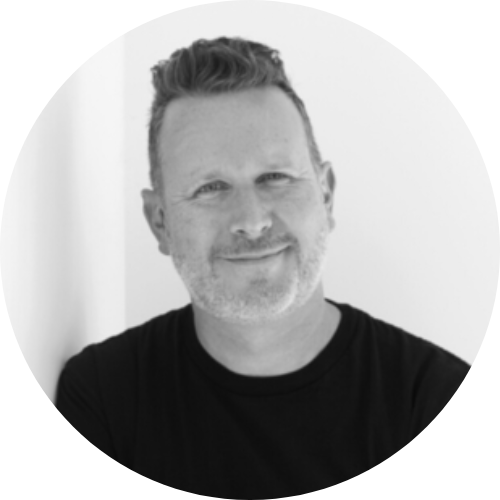 Many psychological therapies have emphasised the importance of not what has happened to us but how those experiences have shaped what we believe about ourselves.
Many psychological therapies have emphasised the importance of not what has happened to us but how those experiences have shaped what we believe about ourselves.
At the turn of the 20th century, Freud and Jung examined the stories patients brought to therapy. In the 1980s, cognitive behavioural therapy focused on the development of “core beliefs” people developed about themselves and the world around them.
More-recent approaches such as narrative psychology and acceptance and commitment therapy highlight how we grow up with psychological stories about who we are, what we can do and whether we’re valuable and loved.
These stories and beliefs we hold can shape how we interact with the world: what we pay attention to and what we ignore. Usually, this process happens without us being aware of it.
If we’ve grown up hearing the story that we’re useless and won’t amount to much, this shapes our belief about who we can be and what we can achieve. We’re more likely to pay attention to information that fits with this view and ignore information that may tell different story.
Shoulds and musts
Clues that you might be living your life according to the rules of your story are when you use words like should/shouldn’t or must/mustn't. When you stop and think about it, there are very few things in life that you should or must do, yet we all have these rules for ourselves.
The good thing is that, while the story of your past life has already been written, the future hasn’t and you can be the author of it.
Writing the rest of your story
Pay attention to your own thoughts and language. Notice when you use should and must (or their opposites). Ask yourself why. Why must I? Why shouldn’t I? Where have these rules and stories come from?
Start looking for information that doesn’t fit with the story you’ve told yourself so far. Are there times when things have actually gone OK? What have you learned or grown from in the past two years? It may be helpful to bounce these ideas off someone else as often we can see others’ stories more clearly than we can read our own.
This can be the first step to writing the story about your own future. Your past story doesn’t have to define you, but it can if you let it. And you can start to write your own story about the rest of your life.
Know someone who might enjoy this?
Read this next
-
July 2021
Insuring for good mental health
-
November 2021
Transforming men's health
-
November 2021
Connecting through volunteering
-
March 2022
Motivating – the Buttabean way
Professional life
See all-
March 2021
Made for today a century ago
-
March 2021
The great brain gain
-
March 2021
A hectic, horrific working holiday
-
March 2021
Smooth sailing for Southern Spars
